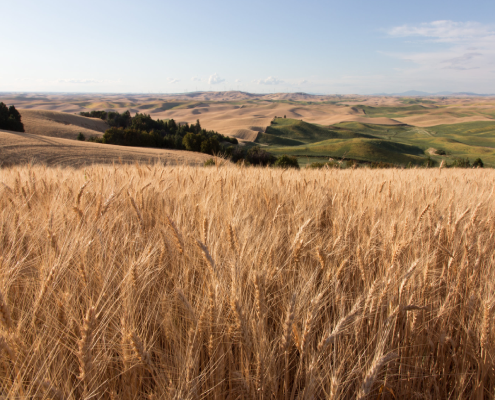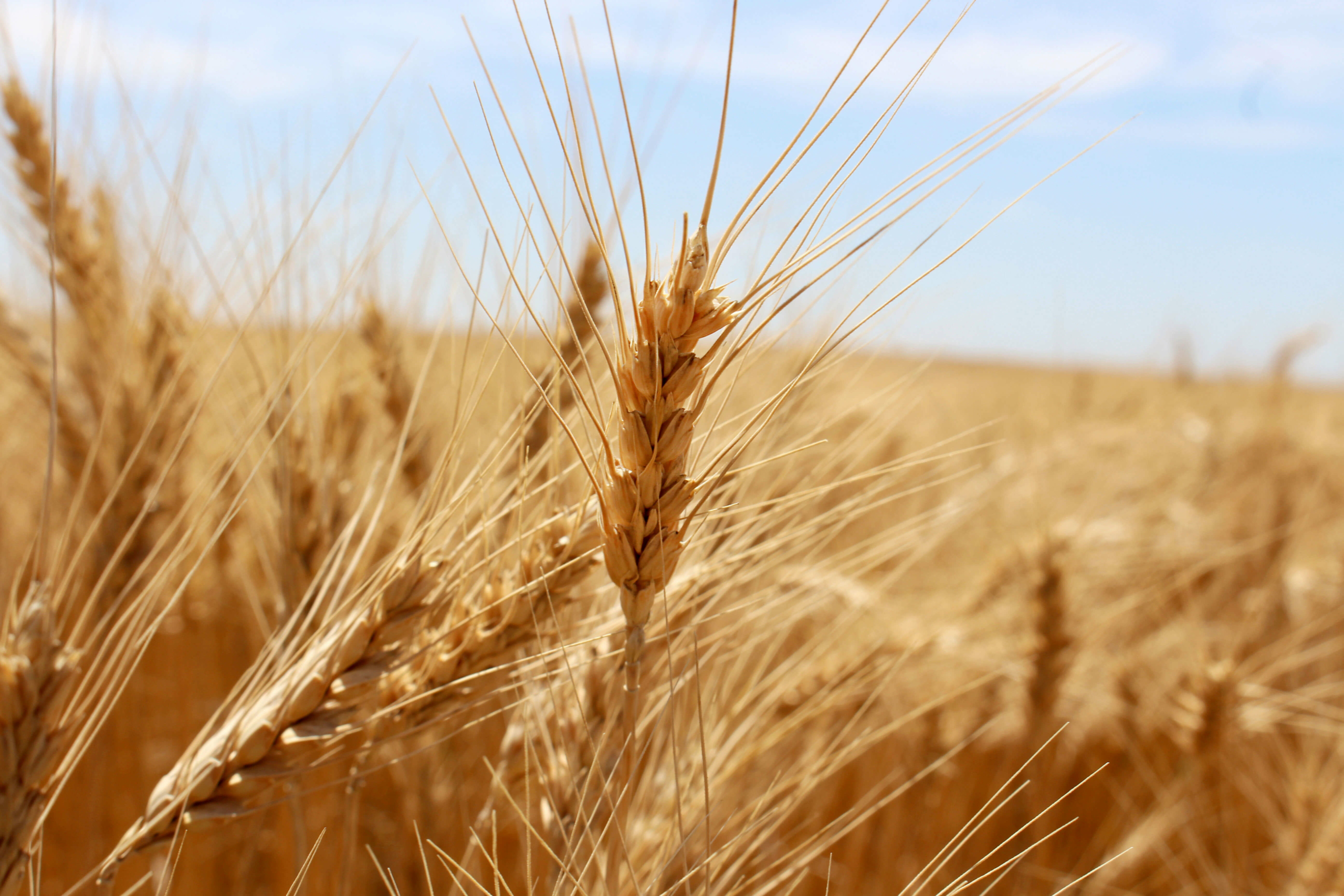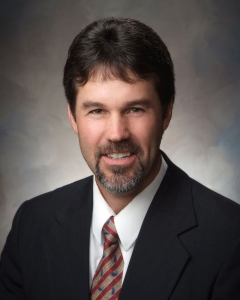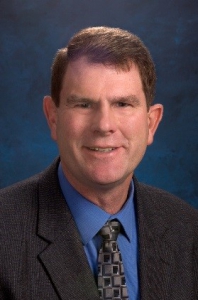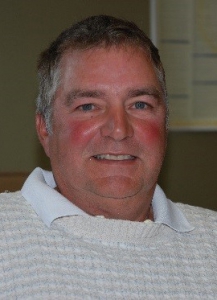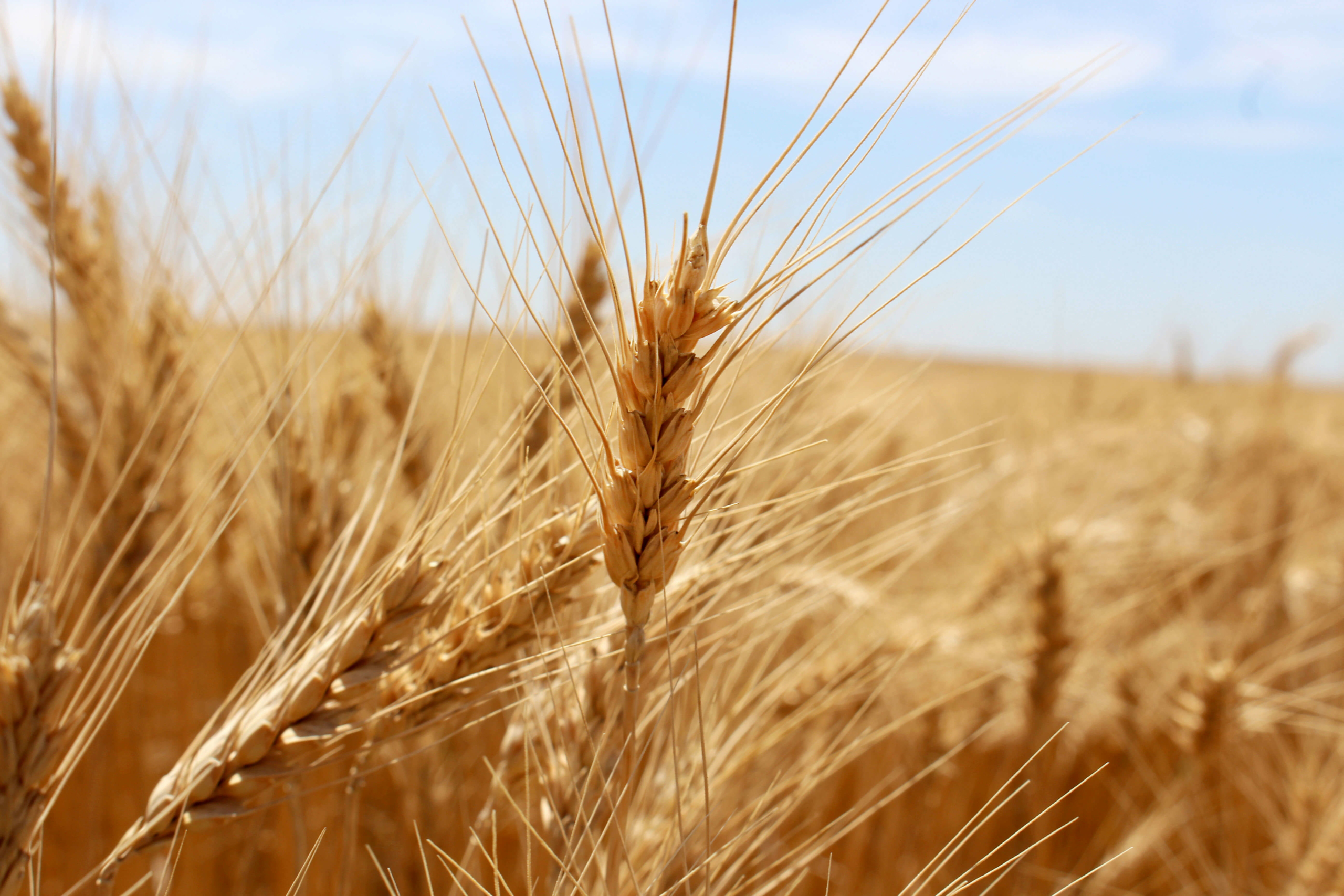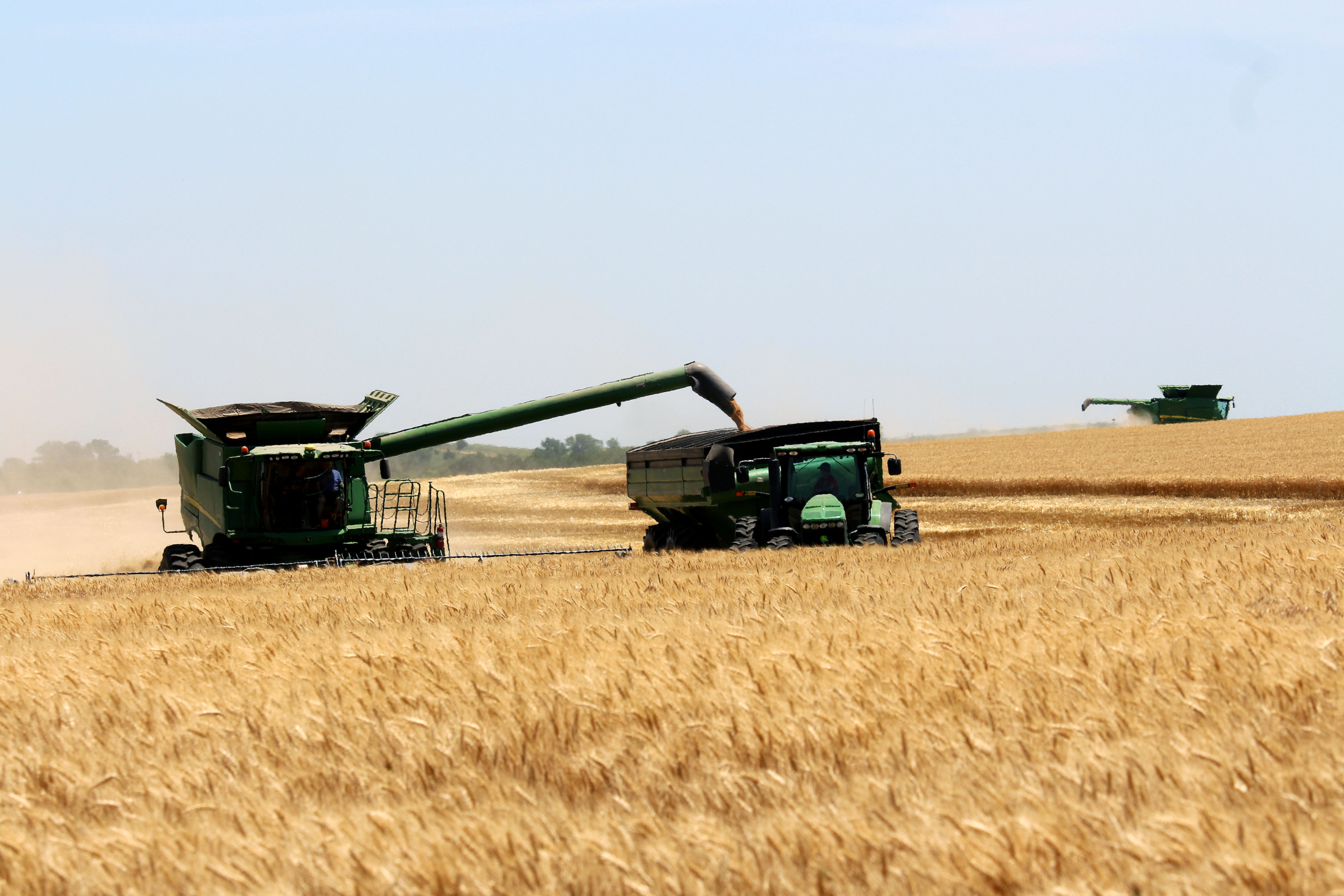WASHINGTON D.C. — Nine months ago, following the signing of the 12-nation Trans- Pacific Partnership (TPP), the National Association of Wheat Growers (NAWG) and U.S. Wheat Associates (USW) called on Congress to rapidly consider and ratify the agreement. After a long and disappointing wait, a real window of opportunity for a vote on TPP will soon open when the legislative session resumes next week. We call on Congress again, to urge its leadership to allow an implementing bill to be considered as soon as possible.
Wheat is the most export-dependent grain commodity grown by U.S. farmers. Since February, many national and state wheat grower association members visited congressional offices to stress their support for the agreement. Since February, however, those same growers have seen their average cash prices drop from an already unprofitable $4.90 per bushel to a devastating $3.50 per bushel.
“Wheat growers depend on export markets like those in South Asia and Latin America that are growing, but highly competitive,” said NAWG President Gordon Stoner, a wheat farmer from Outlook, Mont. “When implemented, TPP will help ease the pain of low prices by expanding demand for our wheat in those markets. Now more than ever, we cannot afford to lose even more momentum in these markets from Congress letting this opportunity to ratify TPP slip by.”
Asia is a growing region and TPP has the potential to increase economic opportunity and wheat demand even in countries where we already have duty free access. That is critically important because competitors like Australia are moving ahead with bilateral agreements that eliminate tariffs on wheat imports with countries like Vietnam. And U.S. wheat exports face similar tariff disadvantages in several other countries that want to join TPP but cannot apply for membership until after Congress and governments of the other countries ratify the agreement.
“The high standards in the TPP agreement should help us be more competitive and hopefully lead to even more opportunity for our wheat as new countries join TPP in the future,” said USW Chairman Jason Scott, a wheat farmer from Easton, Md. “The Obama Administration has taken strong actions that show trade agreements, when enforced, work for agriculture. At such a critical time, America’s farmers and ranchers need this agreement as a platform for expanding global markets for years to come.”
USW is the industry’s market development organization working in more than 100 countries. Its mission is to “develop, maintain, and expand international markets to enhance the profitability of U.S. wheat producers and their customers.” USW activities are made possible through producer checkoff dollars managed by 19 state wheat commissions and cost-share funding provided by USDA’s Foreign Agricultural Service (FAS).
NAWG is a federation of 22 state wheat grower associations that works to represent the needs and interests of wheat producers before Congress and federal agencies. Based in Washington, DC, NAWG is grower-governed and grower-funded, and works in areas as diverse as federal farm policy, trade, environmental regulation, agricultural research and sustainability.
# # #
Nondiscrimination and Alternate Means of Communications
U.S. Wheat Associates prohibits discrimination in all its programs and activities on the basis of race, color, religion, national origin, gender, marital or family status, age, disability, political beliefs or sexual orientation. Persons with disabilities who require alternative means for communication of program information (Braille, large print, audiotape, etc.) should contact U.S. Wheat Associates at 202-463-0999 (TDD/TTY – 800-877-8339, or from outside the U.S.- 605-331-4923). To file a complaint of discrimination, write to Vice President of Finance, U.S. Wheat Associates, 3103 10th Street, North, Arlington, VA 22201, or call 202-463-0999. U.S. Wheat Associates is an equal opportunity provider and employer.

